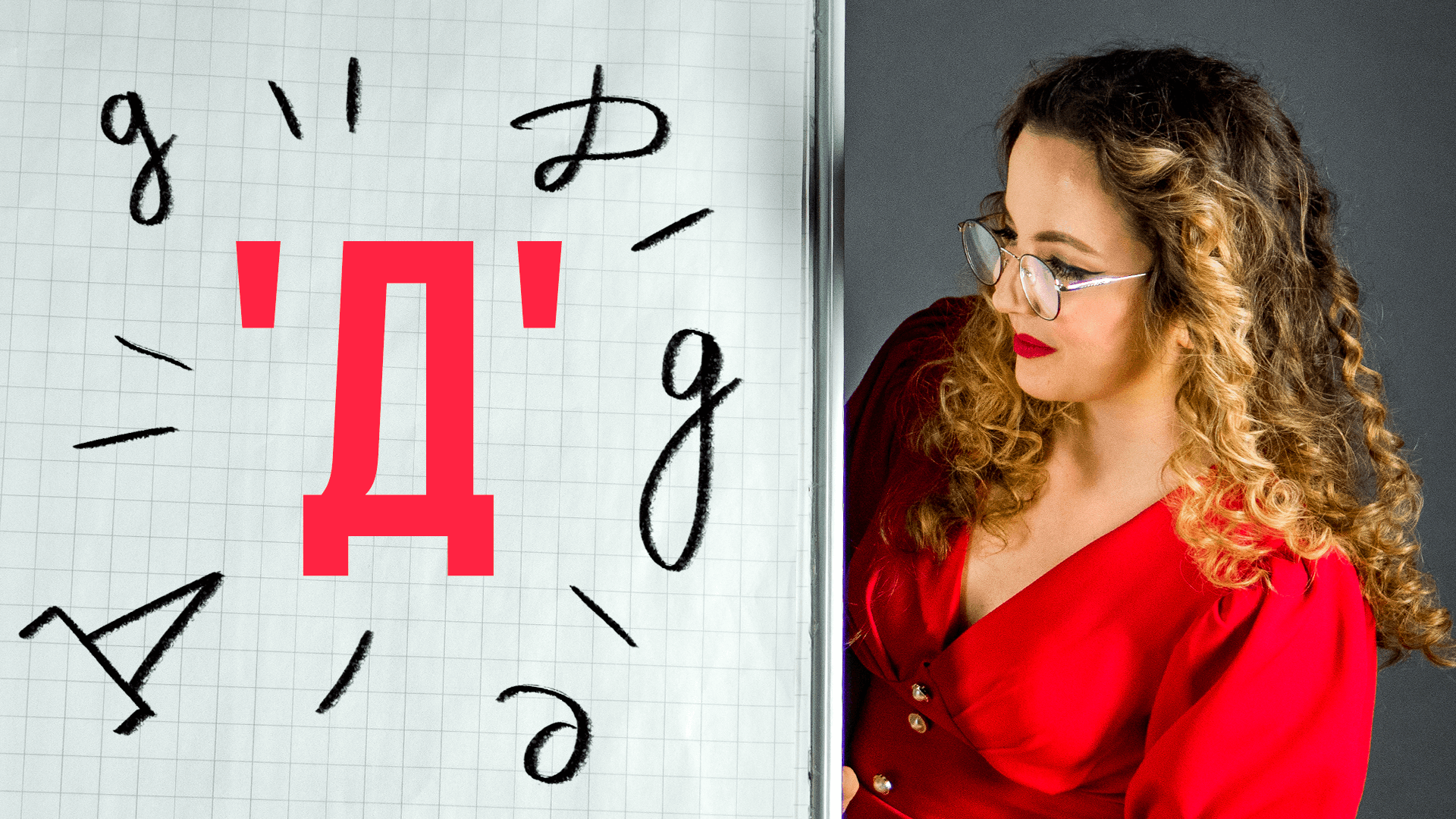
10 Russian proverbs with conventional wisdom

1. «Обжегшись на молоке – дует на воду» (“Obzhegshis na moloke – duet na vodu”)
"Having burned himself on milk – blows on water"
That is, to be overly cautious, remembering your negative experience in something.
2. «Любишь кататься – люби и саночки возить» (“Lyubish katatsa – lyubi i sanochki vozit”)
"If you like to ride, love to pull the sled"
To have a good rest, you need to work hard first.
3. «Без труда не выловишь и рыбку из пруда» (“Bez truda ne vylovish i ribku iz pruda”)
"You can't catch a fish out of a pond without work"
You can't succeed in business without putting in the effort.
4. «Не плюй в колодец, пригодится воды напиться» (“Ne pluy v kolodets, prigoditsya vodi napitsya”)
"Don't spit in the well, you'll need to drink the water"
You shouldn't harm anyone, otherwise you won't get help in the future.
5. «Поспешишь – людей насмешишь» (“Pospeshish – lyudey nasmeshish”)
“If you hurry, you’ll make people laugh”
Haste is the cause of mistakes.
6. «Обещанного три года ждут» (“Obeshannogo tri goda zhdut”)
“They’ve been waiting three years for what they were promised”
From the biblical phrase: “Blessed is he who waits and reaches a thousand and thirty-five days” was born a folk wisdom. It sounds like this in full: “They wait three years for what they promise and, on the fourth, they refuse.” And it means that you shouldn’t count on the fulfillment of promises.
7. «Делу время, потехе час» (“Delu vremya, potehe chas”)
“There’s a time for work and a time for pleasure”
It is believed that this proverb appeared in the 17th century, during the reign of Tsar Alexei Mikhailovich. In the rules of falconry, he made the following note: “There’s a time for work and a time for pleasure.” That is, there’s a time for everything. And, in the 19th century, the meaning changed: it was necessary to first pay attention to work and important matters and only then to entertainment.
8. «За двумя зайцами погонишься – ни одного не поймаешь» (“Za dvumya zaitsami pogonishsa – ni odnogo ne poimaesh”)
“If you chase two hares, you won’t catch either one”
If you try to do several things at once, you risk not achieving success in any of them.
9. «Семь раз отмерь – один раз отрежь» (“Sem raz otmer – odin raz otrezh”)
“Measure seven times, cut once”
Before you do something or make a decision, you should always first think it over carefully.
10. «Один в поле не воин» (“Odin v pole ne voin”)
“One man is no warrior in the field”
There are situations when you simply can’t cope without the help of another person.












